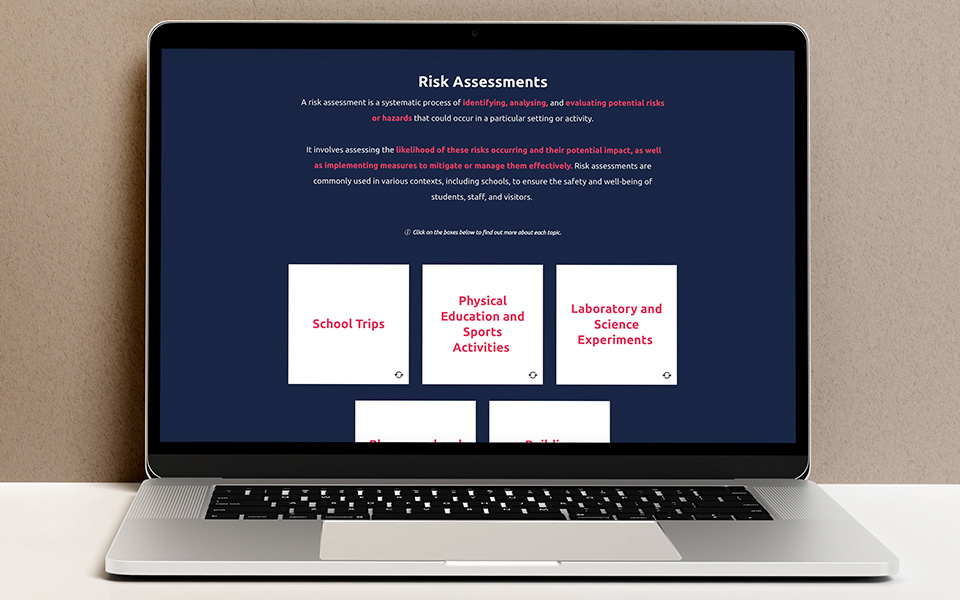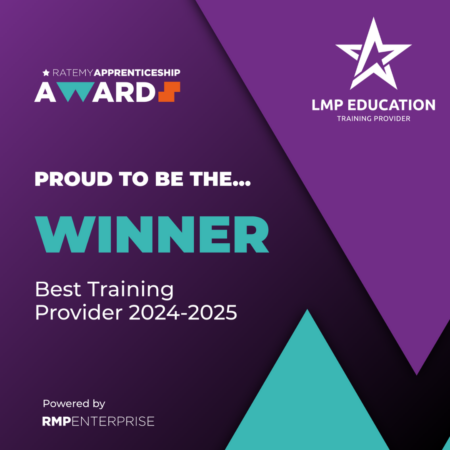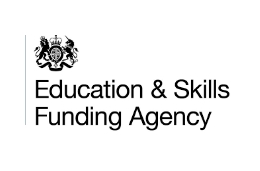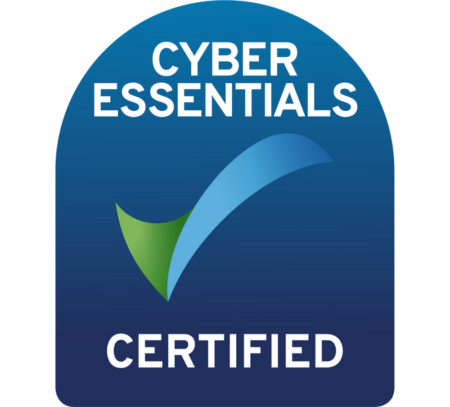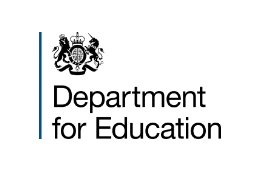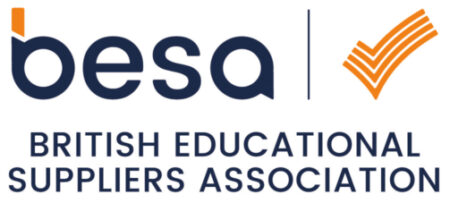Specialist Teaching Assistants will work alongside qualified professionals, using research-based practices to plan, implement, and adapt learning activities that advance student progress. Learners in this programme can work in primary, secondary, or alternative education settings where specialist Teaching Assistants will make a real difference by fostering inclusion, promoting positive behaviours, and advocating for children’s needs.
You can work in an early years setting as long as you have achieved a recognised early years qualification. Supports the education of learners by providing specialist support. You will plan, implement, and adapt activities in order to advance learning. You will also establish relationships with learners, families, other professionals and external agencies.
SEND Specialist
SEND Specialist Teaching Assistants support the implementation of Special Educational Needs and Disabilities (SEND) policies, processes, and procedures. The work advances learning for students with SEND, ensuring that tailored strategies are in place to meet these learners’ needs. You may collaborate with SENCOs and external agencies to provide specialised support.
Social and Emotional Wellbeing Specialist
Social and Emotional Wellbeing Specialist Teaching Assistants support the implementation of policies and processes that promote emotional wellbeing. You observe student behaviour to identify social and emotional needs and design targeted wellbeing interventions to advance learning. You may interact with external specialists, social services, and other agencies to ensure comprehensive support for learners.
Curriculum Provision Specialist
Curriculum Provision Specialist Teaching Assistants provide support in a specific curriculum area to advance learning. This may involve early reading or maths interventions, support for EAL learners, or subject-specific expertise such as forest school provision. You collaborate closely with teaching departments and may work alongside external education professionals to implement and adapt curriculum strategies.
Typical job roles
Academic mentor, music educator, social and emotional wellbeing teaching assistant, specialist education support, specialist learning support, specialist teaching assistant, subject teaching assistant, SEND teaching assistant.
To start this apprenticeship, you must have lived in the UK 3+ years minimum and have a form of UK ID required at enrolment. You must be age 16+ (with no upper age limit) with no prior learning within the area of study.
This programme is not aimed at a new Teaching Assistants. A Teaching Assistant Level 3 qualification or 3 years+ experience in the job is required to be able to fulfil KSB criteria.
A big step up – and a brilliant opportunity for professional and personal growth.
Specialist Expertise: Learn in-depth strategies for supporting learners with specific needs—like autism, ADHD, dyslexia, SEMH, or speech & language.
Confident Intervention Delivery: You’ll be trained to plan, deliver, and evaluate structured interventions that genuinely make a difference.
Stronger Understanding of Learning: Gain insights into how children and young people develop, learn, and overcome barriers.
Step Into Senior Roles: A Level 5 qualification prepares you for higher-responsibility roles, such as HLTA, pastoral lead, SEN support specialist, or intervention coordinator.
Gateway to Teaching or Further Study: You can use your Level 5 as a stepping stone toward teacher training, SENDCo support roles, or Level 6/degree-level study.
Learn While You Work: This Level 5 programme is designed to fit around your current job, so you can immediately apply what you’re learning.
Recognised Qualification: upon completion of this programme, you will receive a nationally recognised certification.
Ongoing support: access to a LMP Tutor providing 1-2-1 support throughout your Course.
Pride in Professionalism: You’re not “just a TA”—you’re a trained, specialist practitioner with real impact and value.
The Level 5 Specialist Teaching Assistant Apprenticeship programme provides a comprehensive level of knowledge and skills to support Teaching Assistants as they progress their careers and specialise in a specific area.
You will support the education of learners by providing specialist support.
You will plan, implement, and adapt activities in order to advance learning.
You will develop a critical understanding of their specialist area.
You will establish relationships with learners, families, other professionals and external agencies.
You will evaluate learning and assessment activities and support the training and development of others within their specialist area.
On this programmes there are 14 core duties and 6 specialist duties. You will need to decide on your specialist pathway at the beginning of the programme.

